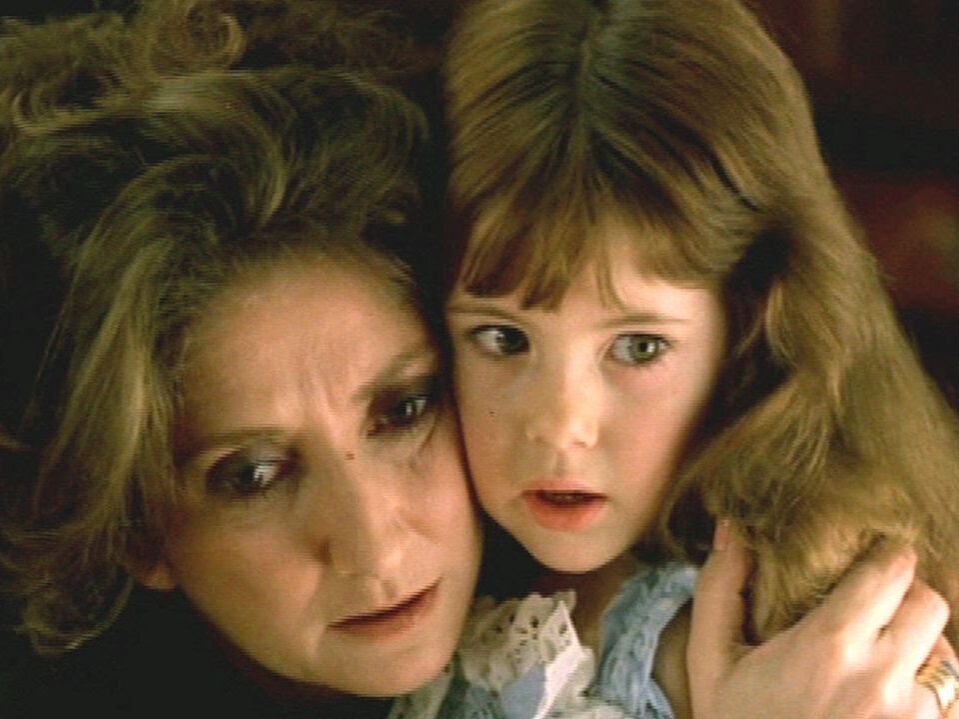|
In the final months of Argentina's dictatorship, a teacher tries
to discover the identity of her adopted daughter's real mother. DRAMA
|
The Official Story (1985)Directed by Luis Puenzo
Written by Aída Bortnik and Luis Puenzo Starring Norma Aleandro, Héctor Alterio, Chunchuna Villafañe, Hugo Arana, Chela Ruíz, Analia Castro Oscar Wins - Best Foreign Film Oscar Nominations - Best Original Screenplay |
In the 20th century, Argentina was one of many countries dealing with a fascist dictatorship. In the early 80's, the regime was deposed, but the fallout from thousands of deaths, rampant torture, and stolen children is still being felt today. The Official Story began production in 1983 in Argentina, but was cancelled due to death threats from the regime. They continued filming in secret because they believed in the product. This is a sad movie, mostly because of the terrifying implications. The performances are solid, the narrative is well-structured, and the subject matter is very informative.
Alicia (Aleandro) is a history teacher who is struggling to teach Argentinian history to her students, who have lived through rampant change and no longer trust authority. At the same time, her best friend confesses to her that she had been kidnapped, tortured, and raped by the government seven years prior. She tells Alicia that many women had their babies stolen from them, then the babies were put into the system for adoption or given to high-ranking government officials. Alicia becomes increasingly paranoid that her adopted daughter Gaby (Castro) is one of these babies and searches for the truth. Her husband Roberto (Alterio) wants this all shut down, because he works for the government and has secrets of his own. Films like this remind you of just how depraved people really can be when given unchecked power. Stories like this one happen all the time in countries run by fascist regimes. The Official Story does have its lulls and I think it could've been a good twenty minutes shorter, but the performances and the emotionally devastating ending make up for the film's shortcomings. At the very least, it taught me a bit about Argentinian history and the dark days of forced disappearances. Harsh realities make for important stories. |
